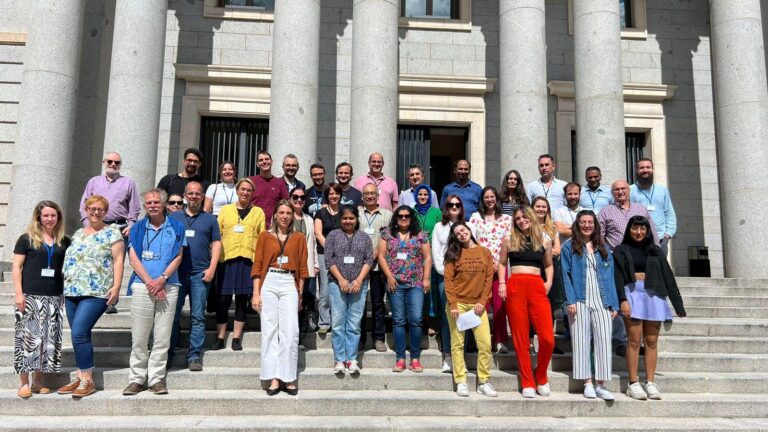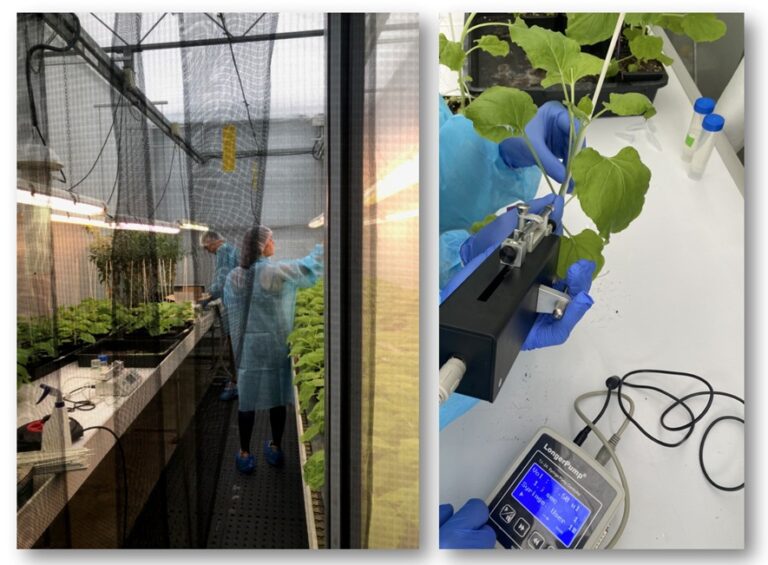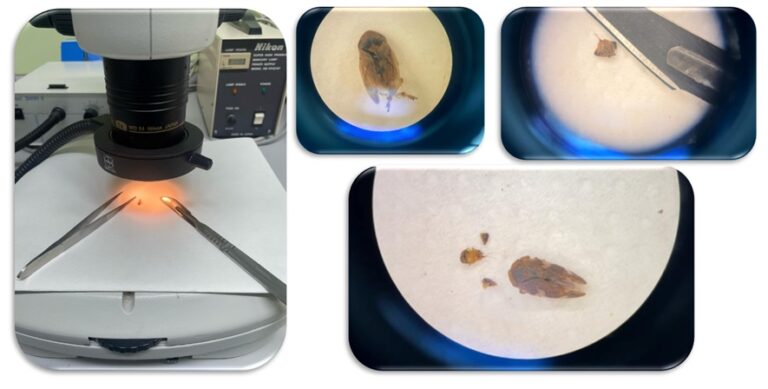Xf erradication program activated in Extremadura (Spain)
The recent detection of a new outbreak of Xylella fastidiosa (Subsp. fastidiosa) in Valencia de Alcántara, Spain, has prompted the Junta de Extremadura to activate the eradication program. In line with the Ministry of Agriculture’s Contingency Plan, authorities have designated infected and buffer zones, removed host and susceptible plants, and applied insecticide treatments to control…









